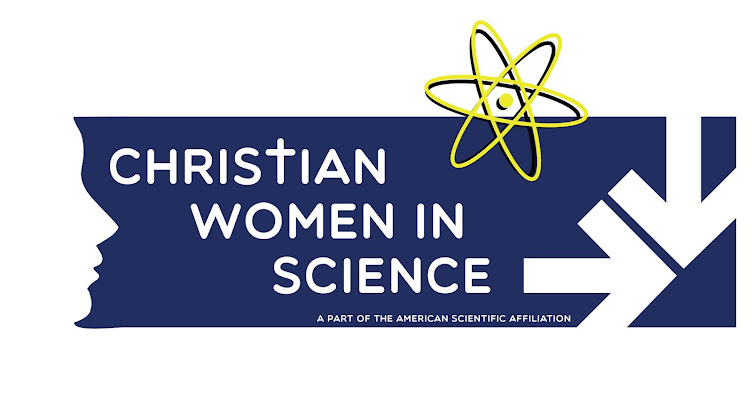 |
| Tasuku Honjo |
 |
| James P. Allison |
Their success, which came after many researchers had given up on the idea, “brought immunotherapy out from decades of skepticism,” said Dr. Jedd Wolchok, a cancer specialist at Memorial Sloan Kettering Cancer Center in New York. It has, he said, “led to human applications that have affected an untold number of people’s health.”
Before Dr. Allison’s and Dr. Honjo’s discoveries, cancer treatment consisted of surgery, radiation, chemotherapy and hormonal treatments. A statement from the Nobel committee hailed their accomplishments as establishing “an entirely new
Earlier attempts by other researchers to recruit the immune system to fight cancer sometimes worked but more often did not. Dr. Allison and Dr. Honjo succeeded where others had failed by deciphering exactly how cells were interacting so they could fine-tune methods to control the immune system.
Checkpoint inhibitors do not work for everyone and they have only been approved for some cancers. They can have severe side effects, and they are expensive, costing more than $100,000 a year. But the approach, known as immunotherapy, has become a mainstay of treatment for a number of types of cancer, and a great deal of research is underway — including work by Dr. Allison and Dr. Honjo — to find the best ways of combining checkpoint inhibitors with one another and with standard treatments to help more patients.
Read more here.
Checkpoint inhibitors do not work for everyone and they have only been approved for some cancers. They can have severe side effects, and they are expensive, costing more than $100,000 a year. But the approach, known as immunotherapy, has become a mainstay of treatment for a number of types of cancer, and a great deal of research is underway — including work by Dr. Allison and Dr. Honjo — to find the best ways of combining checkpoint inhibitors with one another and with standard treatments to help more patients.
Read more here.

No comments:
Post a Comment